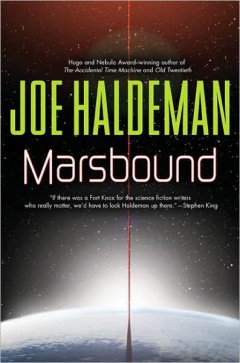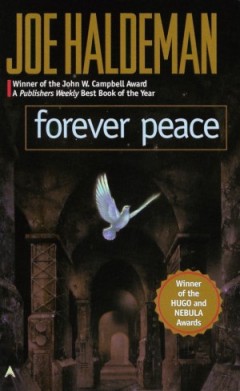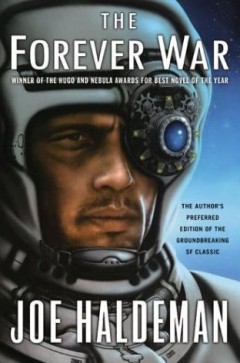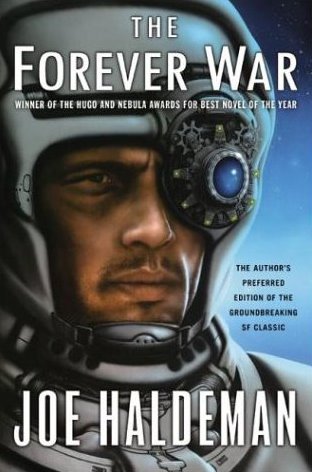Storyworld Creation, Justice, and Environmentalism on Pandora and Earth
It may seem that watching Avatar is akin to taking a libertarian pill. True, the libertarian nutrients are rich and of universal appeal. Unfortunately, the pill is also laced with the same bad old drug: anti-technology, anti-business, and pro-primitivism.
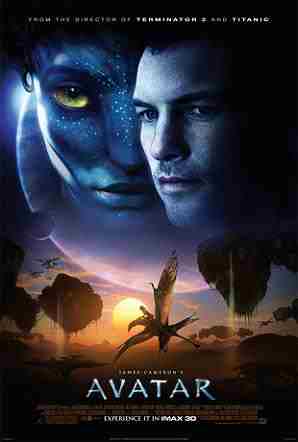 (Estimated spoiler risk: Moderate)
(Estimated spoiler risk: Moderate)
Avatar is a beautiful piece of modern visual artistry and it deals reasonably well for a film with several classic science fiction themes (see the postscript for recommended novels). It portrays legitimate defense against military aggression, making a much-needed popular statement of anti-militarism.
The story of a soldier looking for “a single thing worth fighting for” is poignant. How often throughout history has the impulse to defend been manipulated and twisted for unsavory political aims?
Roderick Long said in his review that, “The movie’s most important message may be this: soldiers are responsible, as individuals, for the actions they carry out, and when they’re ordered to do something immoral they have an obligation to disobey.”
Despite the film’s thematic positives, it also encourages some dangerous misconceptions. It identifies as a “corporation” an entity that carries out actions that only states on Earth are known to perform. It also mixes a clear and principled justice issue with a primitivist, anti-technology motif in a bait-and-switch rhetorical move.
We will tease apart these and a few other confusions, clearing a path through the film’s Rousseauian intellectual thicket wide enough to enable us to enjoy the show without compromising our minds. In examining these confusions, it is instructive to reflect on the role of storyworld creators, both those who create science fiction and those who create “message,” news, spin, and sometimes even “science.”
In enjoying science fiction, we happily hand over to storyworld creators the power to temporarily redefine reality. We must take extra care to take back that ability at the theater exit or upon closing the novel. Other kinds of storytellers await us in the non-fictional world, and their motives do not include providing entertainment.
[continue reading…]
Help Promote Prometheus Unbound by Sharing this Post
